The question of what does halal mean in Islam opens up a world of understanding about how Islamic teachings guide every aspect of life. From food choices to how we interact with the world, halal is a comprehensive framework that ensures our actions align with the ethical and moral standards set by the Qur’an and Hadith. It’s about choosing what is pure, just, and beneficial for both the individual and society, helping Muslims live a life that honors their faith with every step.
In this blog, we will explore the key aspects of halal, including its significance in food, daily decisions, and how it shapes a Muslim’s lifestyle.
What does the arabic word halal mean
The Arabic word “حلال” (Halal) comes from the root word “ح-ل-ل” (h-l-l), which means to loosen, to make permissible, or to allow. In its most basic form, “halal” refers to something that is permissible, lawful, or allowed according to Islamic law (Sharia). It is often used in contrast to the word “haram” (حَرَام), which means prohibited or forbidden.
So, what does halal actually mean? The word “halal” encompasses a wide range of actions, behaviors, and items in the life of a Muslim. It not only refers to food but also to clothing, financial transactions, business practices, and even interpersonal relationships, as long as they adhere to the moral and ethical guidelines established by Islamic teachings.
What does halal mean in Islam?
So, what does it mean by halal? In Islam, halal refers to anything that is permitted under Islamic law, which is based on the teachings of the Qur’an and the Hadith. The concept of halal goes beyond mere permission; it signifies that something aligns with the values of justice, fairness, and moral responsibility that Islam promotes.
For example, what does halal mean for food? In terms of food, halal foods are those that are allowed for Muslims to consume based on Islamic dietary laws.
Islamic law also extends the concept of halal to all aspects of life, aiming to guide Muslims towards making choices that contribute to both individual well-being and the collective welfare of society. By following the principles of halal, Muslims seek to live lives that are in harmony with the will of Allah.
What does halal food mean?
Halal food refers to food and drink that is permissible for Muslims to consume according to Islamic law (Sharia). This concept is derived from the Qur’an and Hadith, which provide detailed guidelines on what is allowed and what is forbidden. While many people associate halal food with simply avoiding certain items like pork or alcohol, the rules governing halal food are more extensive, ensuring that the entire process of food production and consumption aligns with Islamic principles.
What does it mean for food to be halal?
- Prohibited Ingredients: Halal food avoids items like pork and its by-products, as well as alcohol, which are strictly forbidden in Islam.
- Method of Slaughter: Another important point regarding what does it mean when food is halal is the way of slaughtering animals. Animals must be slaughtered by a Muslim using specific rituals, invoking Allah’s name. This process, known as “Zabiha” (ذَبِيحَة), ensures the meat is clean and hygienic by draining the blood.
- No Cross-Contamination: Halal food must be prepared with separate utensils and cooking surfaces to avoid contact with haram items, such as pork or alcohol.
- Ethical Considerations: Halal guidelines also emphasize humane treatment of animals, ensuring they are raised and slaughtered ethically, in line with Islam’s values of compassion and responsibility.
What does certified halal mean
For Muslims, ensuring that food and products align with Islamic guidelines is essential, especially when living in non-Muslim countries. In such places, where halal options may not always be readily available or clearly marked, certification becomes crucial. Certified halal products provide peace of mind, guaranteeing that the items meet the necessary religious criteria.
What does halal certification mean
Halal certification is a method of ensuring that goods and services comply with Islamic legal standards. This certification process rigorously tests products to ensure they exclude any ingredients or components prohibited in Islam, such as pork or alcohol. Additionally, the manufacturing techniques and handling processes are carefully examined to ensure compliance with Islamic practices, from production to storage.
For Muslims, seeing the halal certification symbol on a product offers assurance that it meets the requirements of their faith. This is particularly important for over 2 billion Muslims worldwide, who rely on this mark as a sign of trust and confidence in their purchases.
What does halal beef mean
Halal beef refers to beef that has been prepared in accordance with Islamic law, ensuring that it meets the specific standards required for halal meat. Islamic law dictates that animals must be slaughtered in a particular way, and this process is crucial for meat to be considered halal.
What does halal meat mean
The butchering of the animal must be carried out by a Muslim, who invokes the name of Allah (God) during the process. The animal must be alive at the time of slaughter, and a sharp knife must be used to swiftly cut the throat, windpipe, and blood vessels in a single stroke. This method is intended to minimize the animal’s suffering and ensure that the meat is both clean and hygienic.
Additionally, halal meat must come from an animal that is permissible for consumption in Islam. The slaughtering process is designed to ease the animal’s suffering by offering it water and keeping it out of sight from other animals to reduce stress before slaughter.
Once slaughtered, it must be handled and processed separately from non-halal products. This includes using separate equipment and storage facilities to avoid cross-contamination with non-halal meat, such as pork.
Halal meat is not just about the slaughter process; it’s a comprehensive practice that also ensures ethical treatment of animals, proper hygiene, and respect for Islamic dietary laws.
What does halal chicken mean
Same as halal beef; halal chicken refers to chicken that has been slaughtered and prepared according to Islamic law. The process involves ensuring the chicken is from an allowed species and slaughtered by a Muslim who invokes Allah’s name at the time of slaughter. A sharp knife is used to make a swift cut to the throat, windpipe, and blood vessels to minimize the animal’s suffering. The chicken must also be handled and processed separately from non-halal meat to avoid contamination. This method ensures the chicken is both ethically and hygienically compliant with halal standards.
What food is considered halal in Islam?
In Islam, most foods are considered halal (permissible) unless they are explicitly prohibited by Islamic law. The Qur’an mentions that Allah has created the earth’s resources for the benefit of humankind, and in general, foods that are clean, pure, and free from harmful substances are allowed. However, there are specific foods and practices that are considered haram (forbidden).
According to the Qur’an, the primary prohibited items include:
- Pork and its by-products: Pork is explicitly forbidden in several verses of the Qur’an, making it the most well-known haram food.
- Alcohol: Any form of intoxicants, including alcoholic beverages, is considered haram due to the harm they cause to the body and mind.
- Improperly slaughtered animals: Animals that are not slaughtered according to halal methods, or those that die from natural causes, are not considered permissible for consumption.
- Blood: The consumption of blood, whether in its raw form or in food, is also prohibited.
Aside from these, all other foods are generally considered halal as long as they do not contain any forbidden ingredients or come into contact with haram substances.
How to Identify Halal Options When Dining Out
Finding halal food could be challenging especially for individuals who live in a non-muslim countries. Here are some simple tips to help you identify halal food:
- Research the Restaurant: Check online for restaurants known to offer halal food. Many apps and websites now provide lists of halal-friendly places, which can save time and effort.
- Opt for Plant-Based or Seafood Dishes: If halal meat options aren’t available, consider choosing vegetarian, vegan, or seafood dishes. These are typically safe, as they don’t involve meat from non-halal sources. Just ensure that the food preparation process avoids cross-contact with non-halal items.
- Look for Halal Certification: Many eateries display a halal certification logo, which indicates that their food meets halal standards. If a restaurant claims to offer halal but lacks certification, you can ask staff for details or research customer reviews for further assurance.
- Stick to Whole Foods: Processed foods often contain ingredients that may not be halal. To minimize uncertainty, choose fresh, whole foods, which are less likely to contain questionable additives.
Engage with the Core Teachings of Islam at Noor Institute
At Noor Institute, we are dedicated to helping you explore the true essence of Islam through comprehensive and accessible learning. Our programs are designed to provide a deep understanding of Islamic principles, history, and spirituality, guiding you on a transformative journey of faith and knowledge.Regardless of your level, Noor Institute offers a welcoming environment for all learners. With experienced instructors and a curriculum grounded in authenticity, we aim to empower individuals to live their faith with clarity, purpose, and confidence
Conclusion
In conclusion, understanding what does halal mean in Islam is essential for Muslims as it guides not only dietary choices but also all aspects of life, ensuring they live in harmony with Islamic principles. Halal is about living with integrity, making ethical decisions, and maintaining a connection to the values taught in the Qur’an and Hadith.
To deepen your understanding of Islam and its teachings, we invite you to join Noor Institute. Our online islamic courses provide valuable insights into Islamic knowledge, empowering you to grow in faith and wisdom.
Start your journey today at Noor Institute and enrich your understanding of Islam. Book your free trial now!
Frequently asked questions
- What does halal mean on food products?
This means the item is permissible for Muslims to consume according to Islamic law, ensuring it does not contain prohibited ingredients and has been processed in a way that adheres to halal standards.
- What does it mean to be halal certified?
Halal certified means the product has been officially verified by a recognized authority to meet Islamic dietary laws, ensuring it is free from forbidden ingredients and prepared according to halal guidelines.













